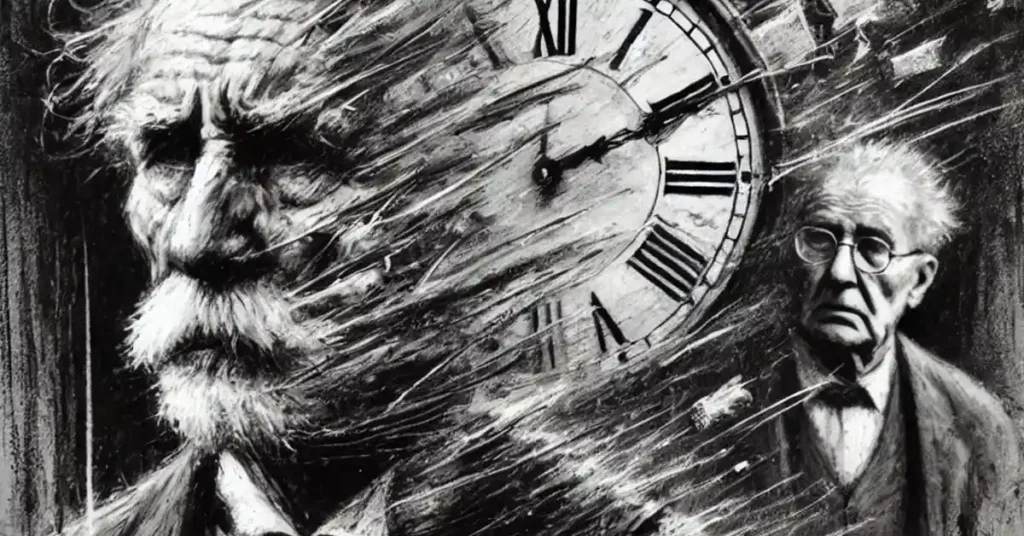Time travel is one of the most fascinating concepts in science fiction, but it comes with a hefty dose of mind-bending dilemmas. One of the most infamous is the Grandfather Paradox, a thought experiment that calls into question the very fabric of cause and effect. If you traveled back in time and prevented your own birth, how could you have existed in the first place to make that change?
This paradox has puzzled scientists, philosophers, and sci-fi fans for decades. Let’s break it down and see how it all plays out.
What Is the Grandfather Paradox?
The Grandfather Paradox is a classic time-travel conundrum. Imagine this:
You travel back in time to when your grandfather was young.
Through some chain of events, you prevent him from meeting your grandmother.
As a result, one of your parents is never born.
That means you are never born.
But if you were never born, who went back in time to prevent your grandfather’s relationship?
This paradox creates a logical contradiction, a loop where the past and future cannot coexist. The question then becomes: is time travel even possible if events can cancel themselves out?
Theories That Address the Grandfather Paradox
Physicists and sci-fi writers have proposed several solutions to resolve the paradox:
1. The Self-Consistency Principle
Proposed by physicist Igor Novikov, this theory suggests that the timeline is self-correcting. Any action you take in the past would inevitably lead to the same future. In other words, even if you try to change history, some unforeseen event will prevent you from succeeding.
Example: Maybe your attempt to stop your grandfather from meeting your grandmother results in them getting together in an entirely different way.
2. The Multiverse Theory
This theory suggests that any change you make creates a branching timeline. Instead of erasing yourself, you simply create an alternate universe where the new timeline plays out, while your original timeline remains intact.
Example: If you prevent your grandfather from meeting your grandmother, you’ll simply shift to a parallel reality where you never existed, but your original timeline remains unchanged.
3. Time Is Fixed (Block Universe Theory)
Some physicists argue that time is like a book that has already been written. Everything that happens is predetermined, and time travel wouldn’t allow for paradoxes because you were always meant to travel back and fail (or succeed in a way that preserves history).
Example: If you attempt to change the past, whatever you do was already part of the timeline.
Final Thoughts: Is Time Travel Even Possible?
The Grandfather Paradox remains one of the greatest challenges in theoretical physics and science fiction. While current scientific understanding suggests time travel is incredibly difficult (if not impossible), that hasn’t stopped storytellers from imagining the possibilities.
